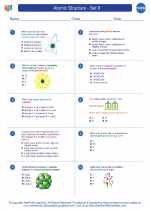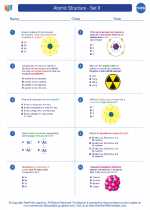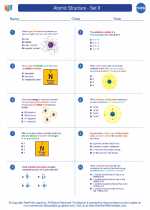Regeneration in Chemistry
Regeneration in chemistry refers to the process of restoring or renewing a substance or material to its original state or form. It involves the replenishment or restoration of a chemical substance or system through a series of chemical reactions or processes.
Examples of Regeneration
There are several examples of regeneration in chemistry, including:
- Regeneration of Resins: In industries such as water treatment and purification, ion exchange resins can be regenerated by passing specific chemical solutions through them to restore their original ion exchange capacity.
- Regeneration of Catalysts: Catalysts used in chemical reactions can be regenerated by subjecting them to specific conditions that remove any accumulated impurities or byproducts, restoring their catalytic activity.
- Regeneration of Electrolytes: In electrochemical systems, the electrolytes used in batteries and fuel cells can be regenerated by recharging the battery or replenishing the electrolyte solution.
Study Guide for Regeneration
To understand the concept of regeneration in chemistry, it is important to grasp the following key points:
- Chemical Reactions: Regeneration often involves chemical reactions that reverse the changes undergone by a substance, leading to its restoration.
- Regeneration Processes: Different substances and materials may require specific regeneration processes, which can include washing, heating, or chemical treatments.
- Applications: Understanding the applications of regeneration in various industries, such as water treatment, petrochemicals, and pharmaceuticals, is crucial for appreciating its significance in real-world scenarios.
- Environmental Impact: Regeneration processes can have environmental implications, and studying the sustainable and eco-friendly aspects of regeneration is important for a holistic understanding.
Importance of Regeneration
Regeneration is a critical concept in chemistry as it enables the sustainable use of materials, reduces waste, and allows for the efficient utilization of resources. By understanding and implementing regeneration processes, industries can minimize their environmental footprint and promote a more circular and sustainable approach to chemical processes.
Overall, a thorough understanding of regeneration in chemistry is essential for students pursuing studies in fields such as environmental science, chemical engineering, and industrial chemistry.
.◂Chemistry Worksheets and Study Guides High School. Atomic Structure - Set II

 Worksheet/Answer key
Worksheet/Answer key
 Worksheet/Answer key
Worksheet/Answer key
